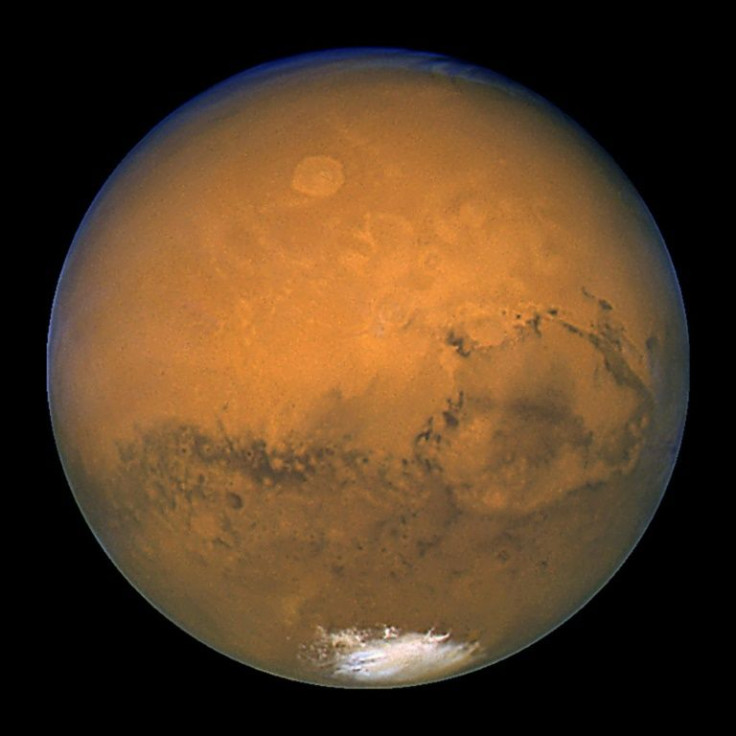Listen: NASA Reveals How Things On Earth Sound In Mars
KEY POINTS
- NASA said there are "subtle" differences between how things would sound on Earth and on Mars
- The differences in the planets' atmospheric temperature, density and composition explain why sounds will differ
- NASA provided audio clips that reveal how sounds on Earth would sound if one were listening to them on Mars
NASA's Perseverance rover may send back some recorded sounds from Mars after it reaches the red planet on Feb. 18. But ahead of the rover's landing, the space agency is giving everyone a chance to hear the differences in the sounds of Earth and of Mars.
The Mars 2020 Perseverance rover is equipped with microphones that are expected to record not only its arrival and landing but also sounds of the rover at work and of wind and other ambient noise as it explores the planet's Jezero Crater, according to NASA's website.
With weeks to go before its touchdown, NASA is giving a preview of what Mars may sound like through a web page, which contains audio clips of familiar Earth sounds adjusted to how scientists anticipate they would sound if one were hearing them on the red planet.
Some of the sounds provided include birds chirping, the beeping of a truck backing up, a bicycle bell and music. NASA noted that the differences are subtle, but one can still distinguish Earth sounds from those of Mars.
According to scientists, this is due to the differences in temperature, density and composition of the two planets' atmospheres. Mars' atmosphere is colder, only 1% as dense as Earth’s and made up mostly of carbon dioxide, unlike the nitrogen and oxygen that comprises Earth's. All of these affect sound emission and propagation.
The colder temperature will lower the speed at which sound waves reach the microphone. Due to the lower density, meanwhile, "sounds will likely be quieter on Mars, with less signal and noise detectable. It may be harder to hear quiet noises and even some louder ones," NASA stated.
The composition of the Martian atmosphere, on the other hand, means higher-frequency noises will likely be less prominent than lower-pitched sounds.
“Sounds on Mars are slightly different than they are on Earth because of the atmospheric composition and its properties,” said Baptiste Chide, a postdoctoral researcher in planetary science at NASA’s Jet Propulsion Laboratory and a contributor to the SuperCam microphone.
“All sounds will be lower in volume due to the low pressure. In addition, the higher-frequency tones will be strongly attenuated by the carbon dioxide molecules. All in all, it would be like listening through a wall,” Chide continued.
However, scientists won't be able to know for sure until the Perseverance rover lands on Mars and succeeds in recording sounds on the planet. If the rover manages to do this, it would be the first time for NASA to succeed in using microphones on the red planet.
“I think it’s going to be real neat to actually hear sounds from another planet,” said Dave Gruel, the Mars 2020 assembly, testing and launch operations manager and lead for the EDL camera and microphone at NASA's Jet Propulsion Laboratory.
“Recording audible sounds on Mars is a unique experience,” added Chide. “With the microphones onboard Perseverance, we will add a fifth sense to Mars exploration. It will open a new area of science investigation for both the atmosphere and the surface.”
The Perseverance rover is set to complete its 293-million-mile journey and touch down on Mars on Feb. 18 at approximately 12:30 p.m. PST (3:30 p.m. EST).

© Copyright IBTimes 2024. All rights reserved.





















